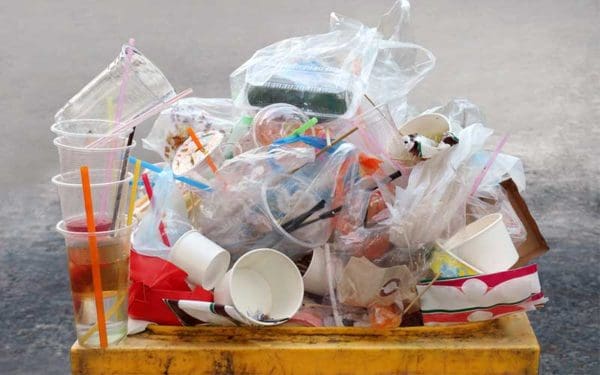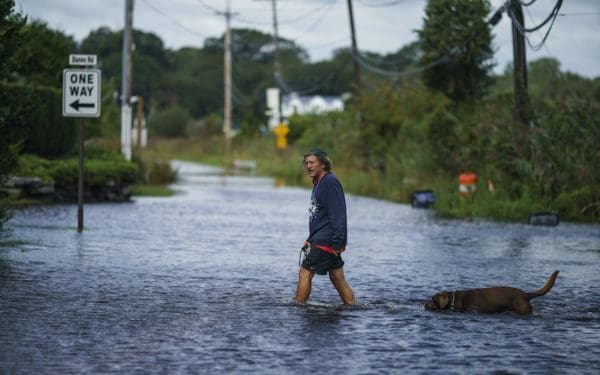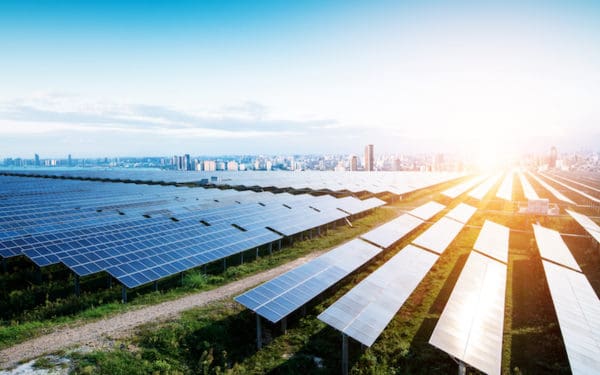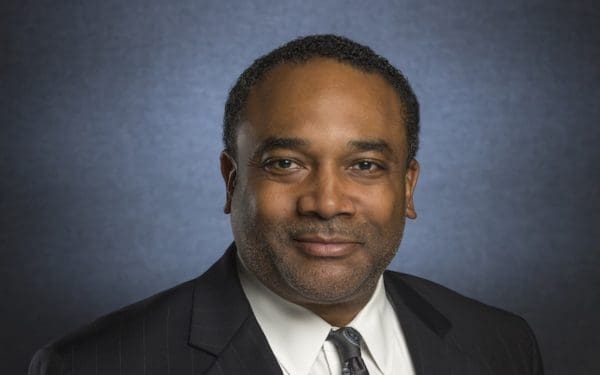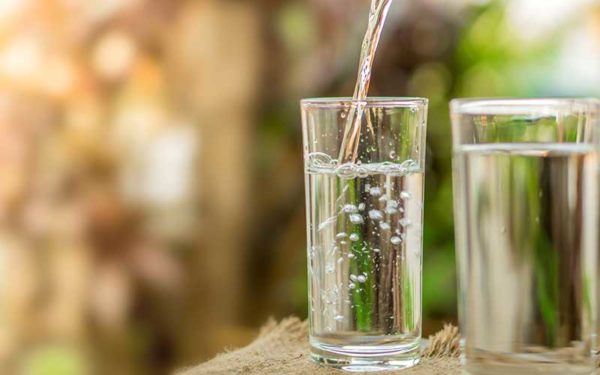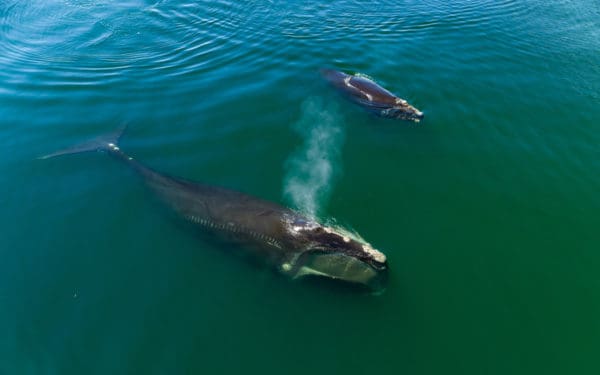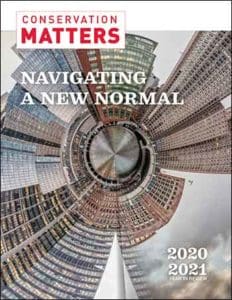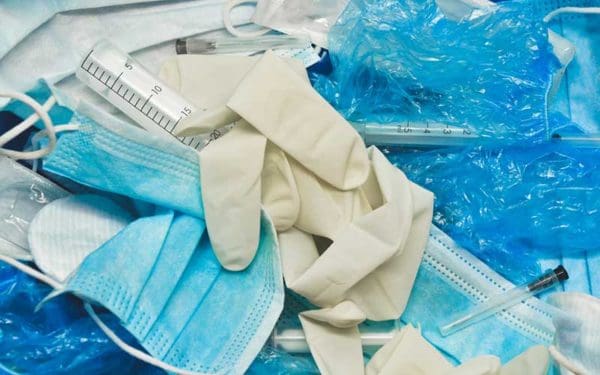Sep 08, 2021
Plastic is everywhere – even in the places you’d least expect, like chewing gum, tea bags, wet wipes, receipts, and microwaveable popcorn bags. Yet, manufacturers continue to make more and more plastic each year – even though how plastic is made fuels a toxic cycle of production, consumption, and disposal.
Sep 05, 2021
Henri must be a wake-up call for our community and for companies like Shell. We must confront the impacts of the climate crisis. Flooding and sea level rise are only going to get worse. Now is the time to prepare for these impacts and mitigate the potential damage, not after a neighborhood and iconic waterway are inundated with toxic chemicals.
Sep 02, 2021
Our region has seen hurricanes and tropical storms before, but, as we’ve just witnessed, it doesn’t have to be a storm of that magnitude to do significant damage. This year’s wet summer has shown that severe storms are becoming more common and intense, and they will only grow more frequent as the climate crisis deepens.
Aug 26, 2021
Our regional electricity grid operator, ISO-New England, must stop supporting the dirty fossil fuels at the root of the climate crisis.
Aug 06, 2021
Gas stoves, which use dirty fossil fuels, put our health and environment at risk by releasing toxic gasses into the air and atmosphere.
Aug 05, 2021
“Environmental impacts touch every aspect of our lives and it’s time policies here in Rhode Island caught up with that reality,” said Darrèll Brown, Vice President and Director of CLF Rhode Island. “It’s no mistake or coincidence that incinerators and power plants are placed in poor and minority communities and that those residents get sick and die at higher rates. I’m eager to get to work supporting these communities and pushing for meaningful changes in the state house and the courtroom.”
Aug 05, 2021
PFAS – or forever chemicals – are being detected in drinking water sources throughout New England. We need to find ways to better regulate these toxic chemicals.
Aug 02, 2021
National Geographic photojournalist Brian Skerry gives us an inside look into his latest work to photograph North Atlantic Right Whales. Check out some of his latest photos.
Jul 16, 2021
The past year has shown us what we can accomplish when faced with unprecedented upheaval. Now we are focused on driving forward a future that is equitable and healthy for all – while also confronting the most urgent environmental threats in the here and now. The work we do together in the next five years… Continue reading Conservation Matters Summer 2021: Year in Review
Jul 13, 2021
“Burning waste of any kind threatens our environment and poses unacceptable toxic risks to neighboring communities,” said Kevin Budris, Zero Waste Attorney at CLF Rhode Island. “Medical waste contains large amounts of plastic, as well as sharps, pathological waste, cleanup materials, and other biological waste. When this waste is burned with high-heat technologies, it emits some of the most dangerous pollutants known to humankind. Today’s decision aligns with Rhode Island’s new law to protect our communities, homes, schools, and waters from dirty, climate-destroying medical waste-burning facilities.”
